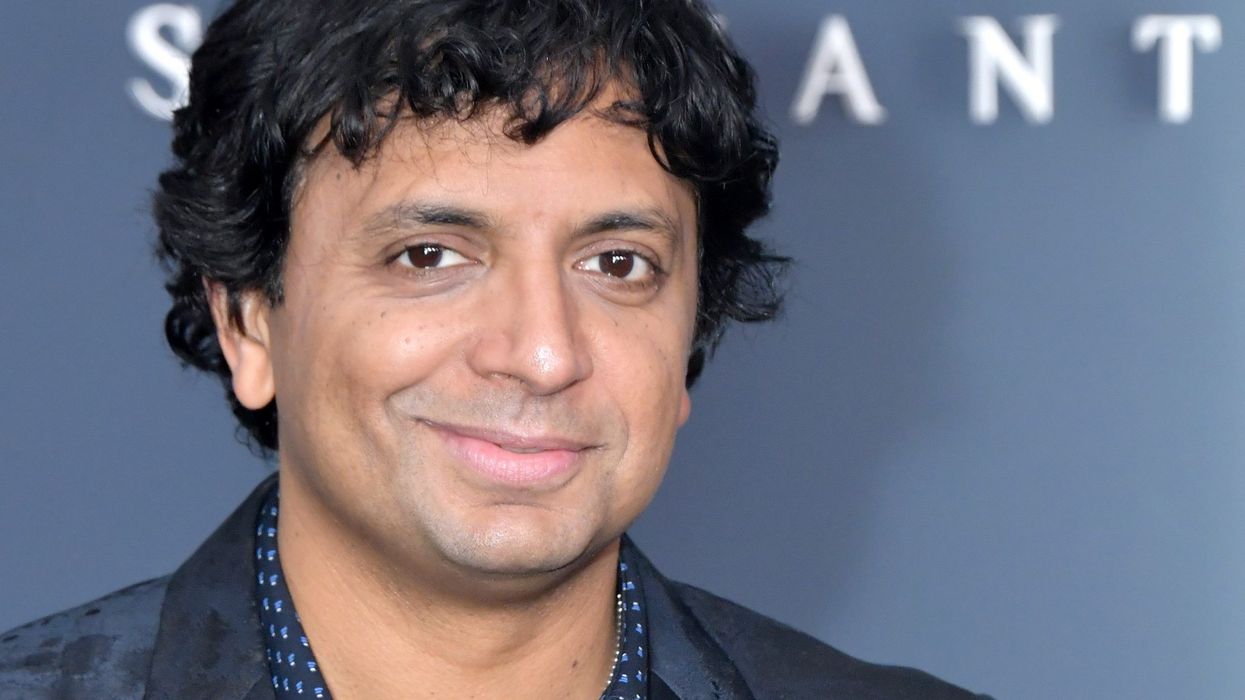Indian-American filmmaker M. Night Shyamalan started his journey with the movie Wide Awake (1998) and got success with the movies like The Sixth Sense (1999), Unbreakable (2000), Signs (2002), and The Village (2004).
However, his career saw a dip with critically panned films like Lady in the Water (2006), The Last Airbender (2010) and After Earth (2013). But, with the 2015 release The Visit, Shyamalan got success once again, and his next two releases Split (2017) and Glass (2019) also did very well at the box office.
Now, the filmmaker is gearing up for his movie titled Old which is slated to release on 23rd July 2021.
While talking to PTI about the years he faced failure, the filmmaker said, "I think for a time a period of about six years, I wanted to be accepted. And the moment that you're willing... whether it's in high school, on the job, or in a relationship, if one is willing to let go of who they are, to be accepted, they're on the wrong path and are going to be unhappy."
"The irony is, you won't get what you think you're going to get – 'acceptance'. And then you realise that ‘Wow, I was really powerful when I thought I wasn't powerful'. One should be able to use their success to take more risks, not less. What we often do is the exact opposite. We use our success to trap us. And now you can't do what you did when you first started,” he added.
Giving an example of his upcoming movie Old, Shyamalan says that he believes in art and even if it doesn’t get the box office success. He said, "If Old, goes out and doesn't do well at the box office, it's still a giant win. For me, it really is, because it's so specific, only I could have made it, and the audience will be more interested to come for the next movie because it's so specific."
When Shyamalan started his journey in Hollywood diversity and inclusivity were not the hot topics like they are today in the American culture and cinema. He reveals, "In my career, I have been an immigrant mainstream filmmaker in Hollywood for all this time, way before the world knew how to deal with it."
"‘It was a fascinating example of almost the kind of ‘hey, I'm going to change what it needs to be you. So you're going to have to include me there'," he added.
The filmmaker recollects that when he started mainstream Indian actors were not a part of big-budget Hollywood movies, but now they are a perfect fit to play people of different ethnicities.
He said, "I joke about it a bit here because our profile is ambiguous. Let's say they want to have someone of diversity in films or on TV, Indian actors cover a huge space on this spectrum."
Many Indian actors have worked in Hollywood films, but Shyamalan is yet to work with someone from India. However, he says that he is keen to work with Indian actors and keeps inquiring about them from his wife who is an avid Indian cinema and television viewer.
The filmmaker said, "My mind has gone there a few times. My wife loves watching TV. So when I sit on the couch with her and I see what she's watching, I'm like, 'that actor would be interesting'. So it's an eye-opener. I think it's coming soon, hopefully."
"There are a few actors I like, but I don't want to say so that others don't feel bad. I try to be careful about that. But there are a few who have been on my mind," he added.
Talking about Old, the movie is inspired by the graphic novel Sandcastle, written by Pierre Oscar Levy and illustrated by artist Frederik Peeter. Shyamalan has written the movie adaptation and it stars Mexican superstar Gael Garcia Bernal, Thomasin McKenzie, Vicky Krieps, Rufus Sewell, and Ken Leung.




